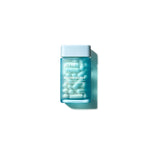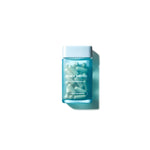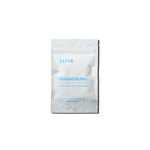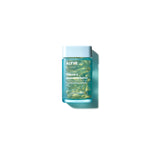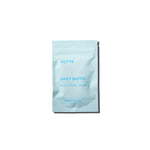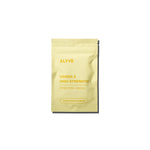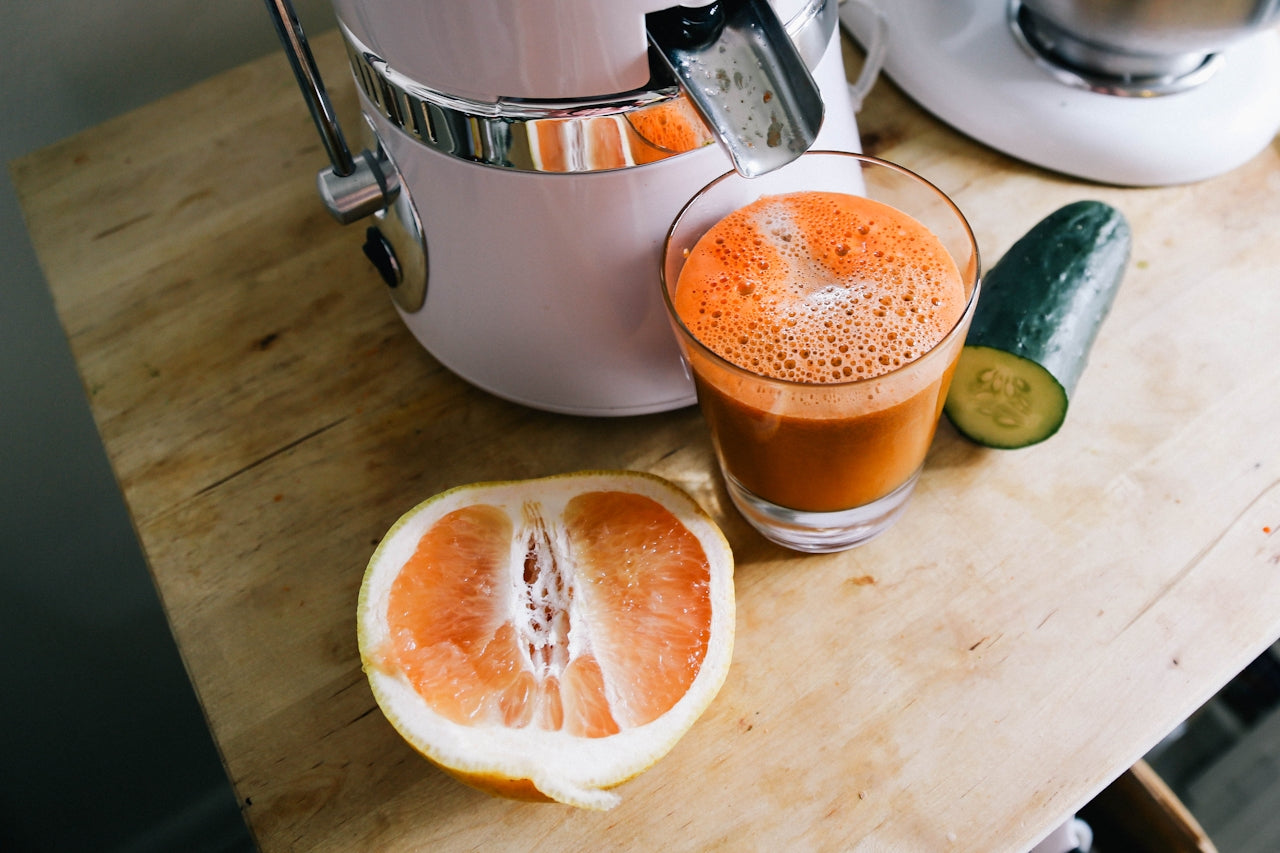By now you’re aware that here at Alyve we’re all about working on the body from the inside out, and reducing body heat and protecting against the sun is no exception.
Thermoregulation is how we maintain internal body temperature to survive, so we must do what we can to help this along in a heatwave.
As the mercury rises here are some tips that you need to be aware of so you can look after yourself.
Watch out for dehydration
Sounds obvious right? However many of us don’t drink the required amount of water daily so this becomes even more important in hot weather. Make sure you have a water bottle with you at all times and refill it as you finish so you can keep an eye on your water intake.
Eat your water!
What do we mean by this – consume fruits and vegetables with a high % of water such as watermelons which contain up to 92%. Cucumbers and courgettes are also high in water content.
Top Tip: Use a vegetable peeler to cut ribbons of cucumber to add to your water. You can also keep your courgettes cool by cutting them into ribbons along with ribbons of carrots and pairing them with a dressing for a fresh and light salad.
Keep your vitamins topped up…
There is nothing that your Alyve vitamins can’t help with – even a UK heatwave.
Magnesium is essential for hundreds of important biochemical reactions in the body and helps with body temperature regulation.
Research shows that ascorbic acid (vitamin C) may reduce the physiological responses to heat stress. It reduces the length of time it takes the body to adjust to a new hotter environment, known as heat acclimatisation. It is known to do this by helping revive the body’s sweat glands and keeping them from tiring out due to the heat. As well as taking your supplements make sure you eat plenty of fruits and vegetables that contain vitamin C such as oranges, blackcurrants and broccoli.
Vitamin A helps your body repair sun-damaged skin, including repairing sun-related cell damage by encouraging cell turnover and increasing collagen production and elastin.
References
https://pubmed.ncbi.nlm.nih.gov/9793804/
